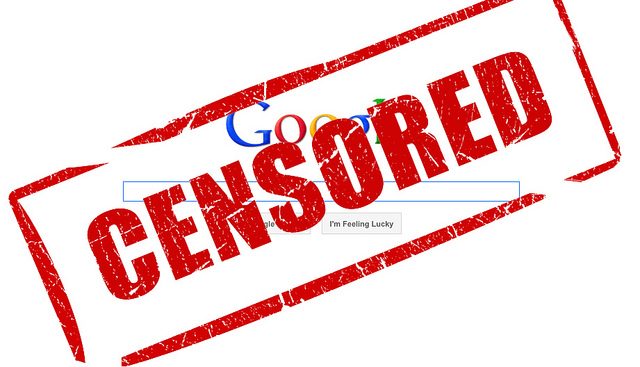Alexander Sergejewitsch Puschkin vs. Georges-Charles d’Anthès; Carlo di Vargas vs. Don Alvaro; Lord Winter vs. d’Artagnan; Baron Douphol vs. Alfredo Germont … quite a line-up there.
And now we’re in for 20 Minuten vs. .ch (pronounced “dot cee aitch“).
Let’s take a closer look, then, at the media and their affinity to duels.
Classic single combats normally arise when a newcomer launches an attack on a monopolist. What follows is a duopoly of varying duration, a time during which each combatant tries to get the upper hand. Interestingly enough, such duopolies don’t last very long in the media sector: either the situation returns to the monopoly state, or an oligopoly is created, where a third or fourth competitor enters the arena.
The print monopoly that lasted the longest in Switzerland was the one held by the country’s number one tabloid, Blick. Only twice in its 48-year history, did the paper have to test its mettle in a direct duel. The first occurred in 1967, when Tamedia Group launched Neue Presse, first appearing as a midday paper, then as a more conventional morning title. Despite a top-notch editorial staff led by Peter Uebersax, the title never really got off the ground and was cancelled after 15 months. The second followed in 1977, when Tat was launched, an equally ambitious project funded by Swiss retail giant Migros and headed by Editor-in-chief Roger Schwawinski. This time the competitor lasted 18 months.
So far, Blick has been successful at warding off all attacks, thus effectively preventing a duopoly situation. The yellow press segment simply can’t sustain more than one title, it seems – which is probably even truer today than it was then. The fact that Blick currently is having some problems is due to a substantially different market situation. Today, instead of old duelling pistols or colts, competitors are getting out the big guns – handing out their papers for free.
If markets stagnate or shrink, however, the need for duels vanishes. This is why in Aargau, Thurgau, St. Gallen and Lucerne only one daily newspaper has survived – and it seems only a matter of time until Bern’s Bund will throw in the towel, too. The situation in other press segments is quite similar. In the arena of general business titles, for instance, Handelszeitung has just floored its long-standing rival Cash.
On the TV market, where advertising budgets saw a general downturn after 2000, Switzerland’s public service broadcaster SF1 managed to keep private competitor TV3 at bay, ultimately forcing the unwanted rival out of business altogether. And on the market for freebies, then still in its infancy, 20 Minuten successfully drove out competitor Metropol in 2002.
On markets where there is no real growth, the situation is very similar to boxing: the challenger is in a bad fix – while the title holder has all the advantages on his side.
When trying to decide whether to place our bets on 20 Minuten or its challenger .ch, product quality is irrelevant. Free papers are globally standardised goods – so you really can’t do much wrong, as long as you don’t fiddle with the formula.
Translation from German: Oliver Heinemann









































